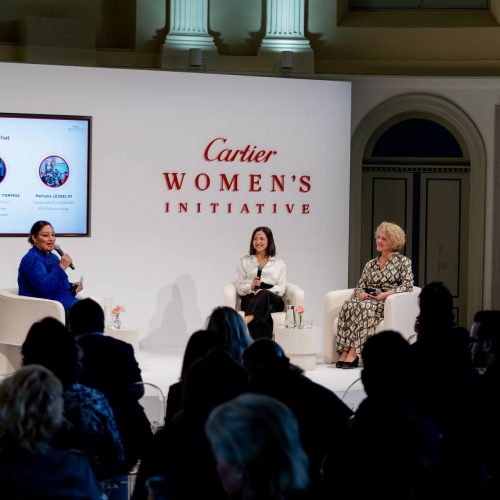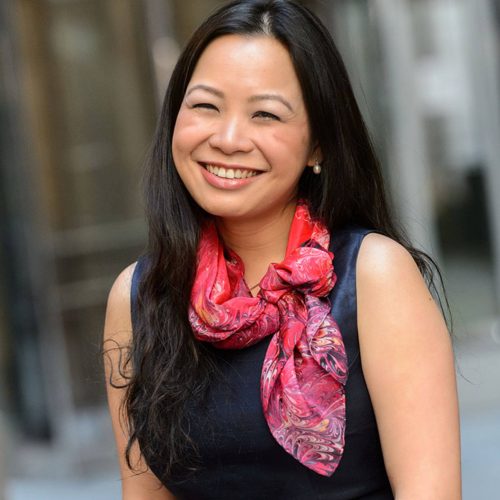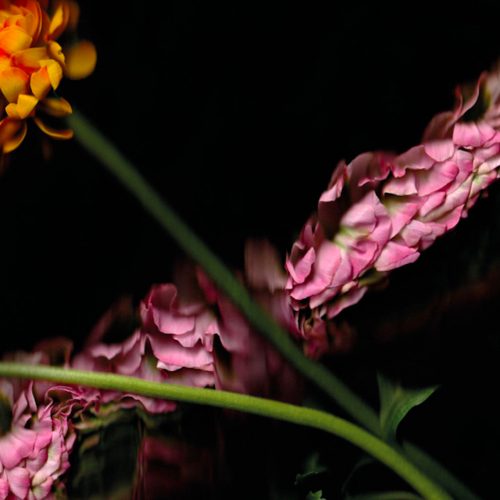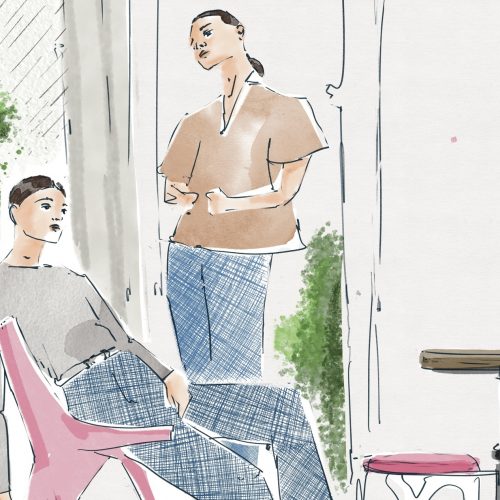Gen-Z, Skincare And Social Media | The Dangers Of Skinfluencing
Gen-Z is becoming more invested in their skincare, especially through social media. Despite being tech-savvy, Gen-Z is faced with the dangers of “skinfluencing”, battling challenges like overconsumption and unrealistic beauty standards.
To receive the Luxiders Newsletter, sign up here.
Have you heard of “skinfluencing”? What about “skintellectual”? Social media has become a vital tool for the beauty industry, with TikTok garnering over 260 Billion views for videos under #skincare alone, creating a powerful movement.
The term “skintellectual” is one most affiliated with Gen-Z. Using social media to learn about the newest trends and “must-have” products, Gen-Z is not only investing their money into skincare, they’re investing much of their time. This has led to multiple concepts driven by Gen-Z, such as “prejuvination”, an anti-ageing movement targeting young skin before ageing has begun.
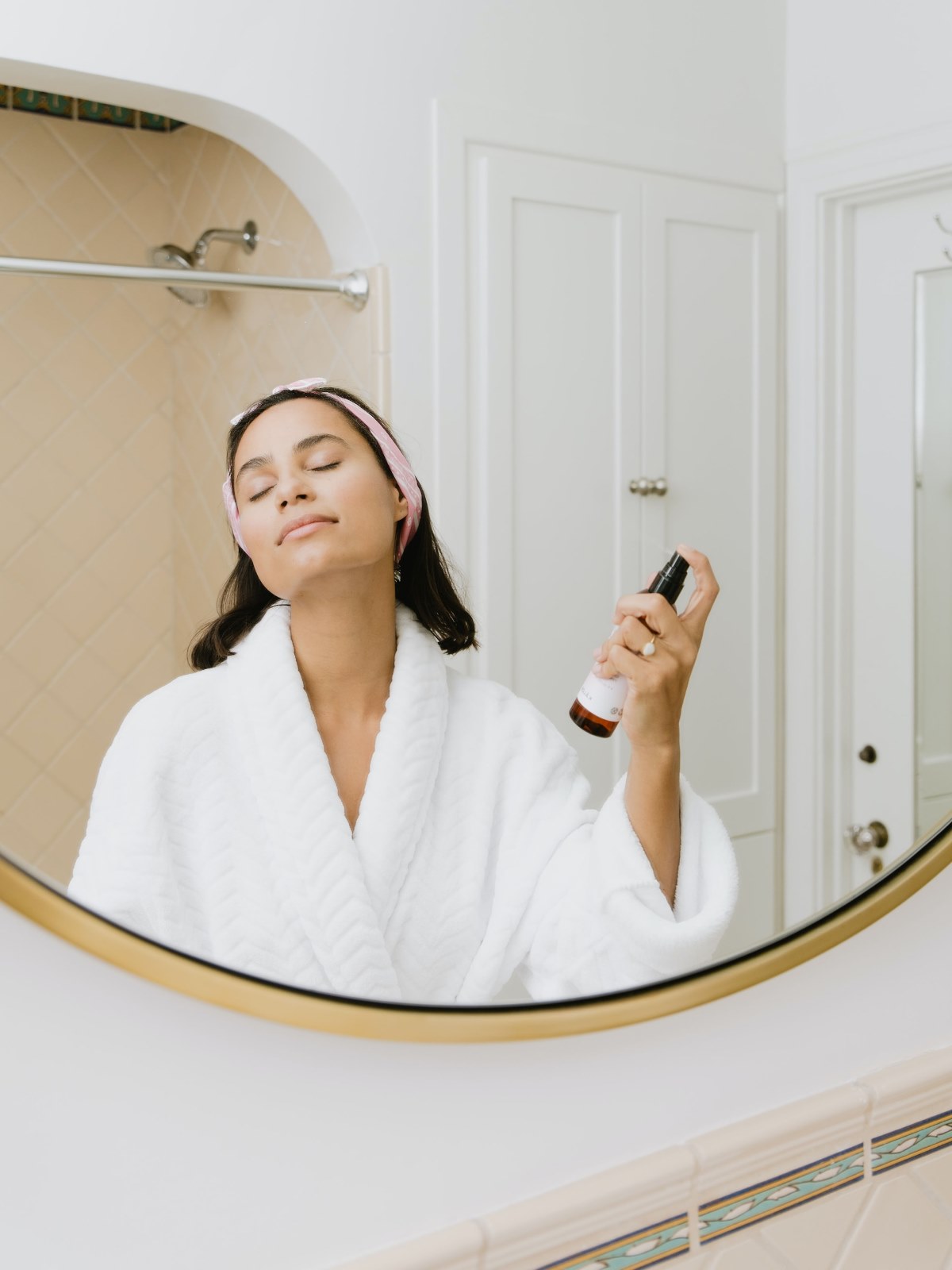
© Kalos Skincare Via Unsplash
GEN-Z AND #SKINTOK
TikTok is home to 1 billion yearly users, 60% of them belonging to Gen-Z. Major trends known in the beauty industry have originated from TikTok, or #skintok, including the viral #everythingshower, slugging and “skinimalism”. A lot of these trends don’t necessarily require a specific product, but “skinfluencers” and brands still take advantage of these novelties. For example, when participating in a trend like “slugging” (coating your face in petroleum jelly), influencers will do this using an endorsed product. It’s an extremely effective way for a brand to promote their product as, currently, Gen-Z looks to influencers the most to learn about skincare. Building connections with influencers is what gen-z prioritises, compared to millennials that are more influenced by brand advertisements.
As Gen-Z values honesty and forming relationships when buying skincare, using social media to learn about the best products seems like a positive experience. In fact, 40% of Gen-Z feel their skincare routine is directly linked to wellness, demonstrating the mental benefits. However, the only certainty of social media is its uncertainty. With new trends circulating weekly on TikTok and Instagram, it’s exhausting to keep up with.
IS “SKINFLUENCING” A DANGER TO GEN-Z?
It’s evident that Gen-Z has become very aware of the importance of skincare, creating an obsession. Despite Gen-Z being “skincare savvy” and prioritising honesty, social media often finds a way to spread misinformation. If Gen-Z trusts a skinfluencer, they become more impressionable and, therefore, more “influenceable”. As mentioned earlier, concepts such as “prejuvination” have been pushed by Gen-Z to take better care of their skin. But, how did this come about in the first place?
SKINFLUENCING PROMOTES UNREALISTIC BEAUTY STANDARDS
Social media has a tendency to make claims with little to no evidence. Skincare is no exception. Age and skin anxiety have been fuelled by brands and influencers creating skin issues that Gen-Z aren’t aware of. Scrolling through TikTok’s “for you” page makes you think that whatever you’re watching is specifically for you, that’s how the algorithm works. Influencers are promoting anti-ageing products to “help” their viewers prevent ageing, even though around half of Gen-Z aren’t even adults yet. This is just one example of how concepts like “prejuvination” are popular, because of the insecurities created by social media.
Other trends such as “skinimalism”, the promotion of minimal makeup, are also often falsely advertised. Promoting “natural” looking makeup on social media can have a negative impact on vulnerable users. It risks making people feel like they’re not good enough if their skin isn’t the same as what they see online. This alarming misconception has infected social media, with realistic filters making beauty standards unattainable in real life. It is evident that Gen-Z suffers from these unrealistic beauty standards, as they are more likely to feel negative towards social media than any other generation.
SKINFLUENCING IS DANGEROUS FOR THE PLANET
According to the State of Beauty, 40% of Gen-Z are buying a new beauty product they find online every two months or more. This overconsumption of skincare isn’t only an expensive problem for Gen-Z, the planet has a big price to pay as well. The rate in which viral trends and new products surface on social media means that Gen-Z is constantly finding new skincare to buy. This means that, as more skincare products are bought, more packaging is wasted, a major issue that the beauty industry is still dealing with.
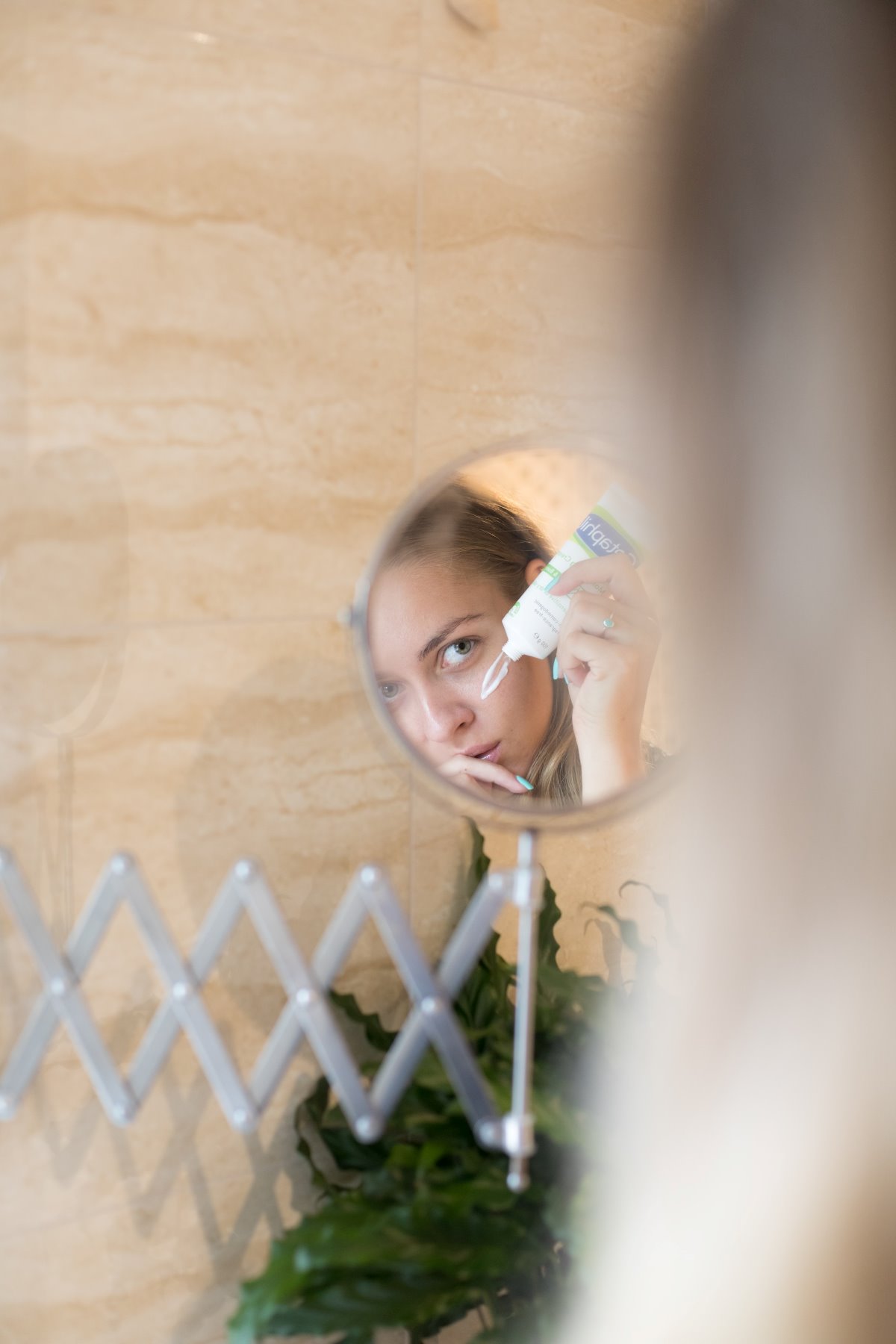
© Humphrey Muleba via Unsplash
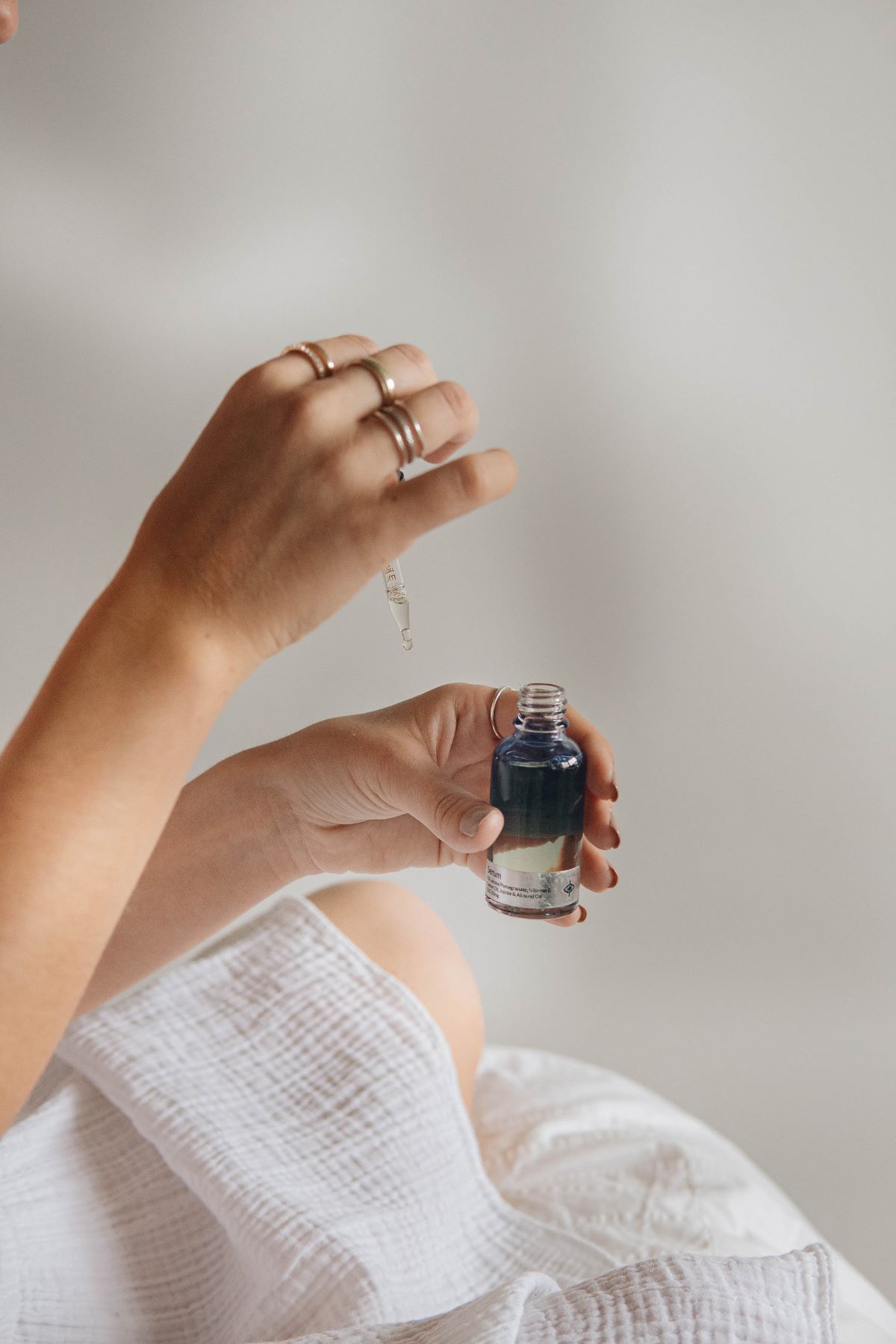
© Mathilde Langevin via Unsplash
ARE THERE SOLUTIONS FOR SKINFLUENCING?
The negative impact that skinfluencing has on Gen-Z’s mental health and the planet is a serious issue. Despite some regulations being put in place about misinformation, there is too much content that is able to slip under the radar. However, Gen-Z are starting to respond to these challenges in their own way.
REBELLING AGAINST SKINFLUENCERS
Some of Gen-Z have rejected the extravagant approach to this skincare lifestyle, with movements such as “de-influencing” taking off. Rebelling against brands and influencers that promote skincare products for profit, de-influencers encourage users not to buy viral products. This helps Gen-Z reduce consumption, saving their money and the planet. Even concepts such as “lazy skincare” are emerging. This concept, despite not sounding proactive, actually has a positive impact. Promoting products that serve as “3-in-1”, this type of skincare minimises the excessive consumption of products, whilst also reducing the packaging, a bonus for the environment. Other new types of skincare include “psychodermatology”: psychiatric therapy that aims to help people feel better about their skin without using products, connecting the mind and the skin together.
AVOIDING THE PRESSURES OF SKINFLUENCING
Even as a digitally native generation, Gen-Z are still susceptible to being influenced when learning about skincare on social media. However, there are ways to navigate around the pressures.
For example, doing more research around the product to decide whether it is meant for you. Skin-types and different age-ranges are all individual factors, so it’s important to know whether the product will work best for your age and skin. Finishing a product before buying another one is also extremely important for reducing waste and saving money. It will give you enough time to see whether the product truly works, as opposed to throwing it away if you don’t see results after one day.
The saying “less is more” is believed by many for a reason, especially in beauty. Therefore, using fewer products can still benefit your skin, and also the planet.
+ Highlight Image: © Robin Worrall via Unsplash
Words:
Jemima Patterson
Luxiders Magazine

